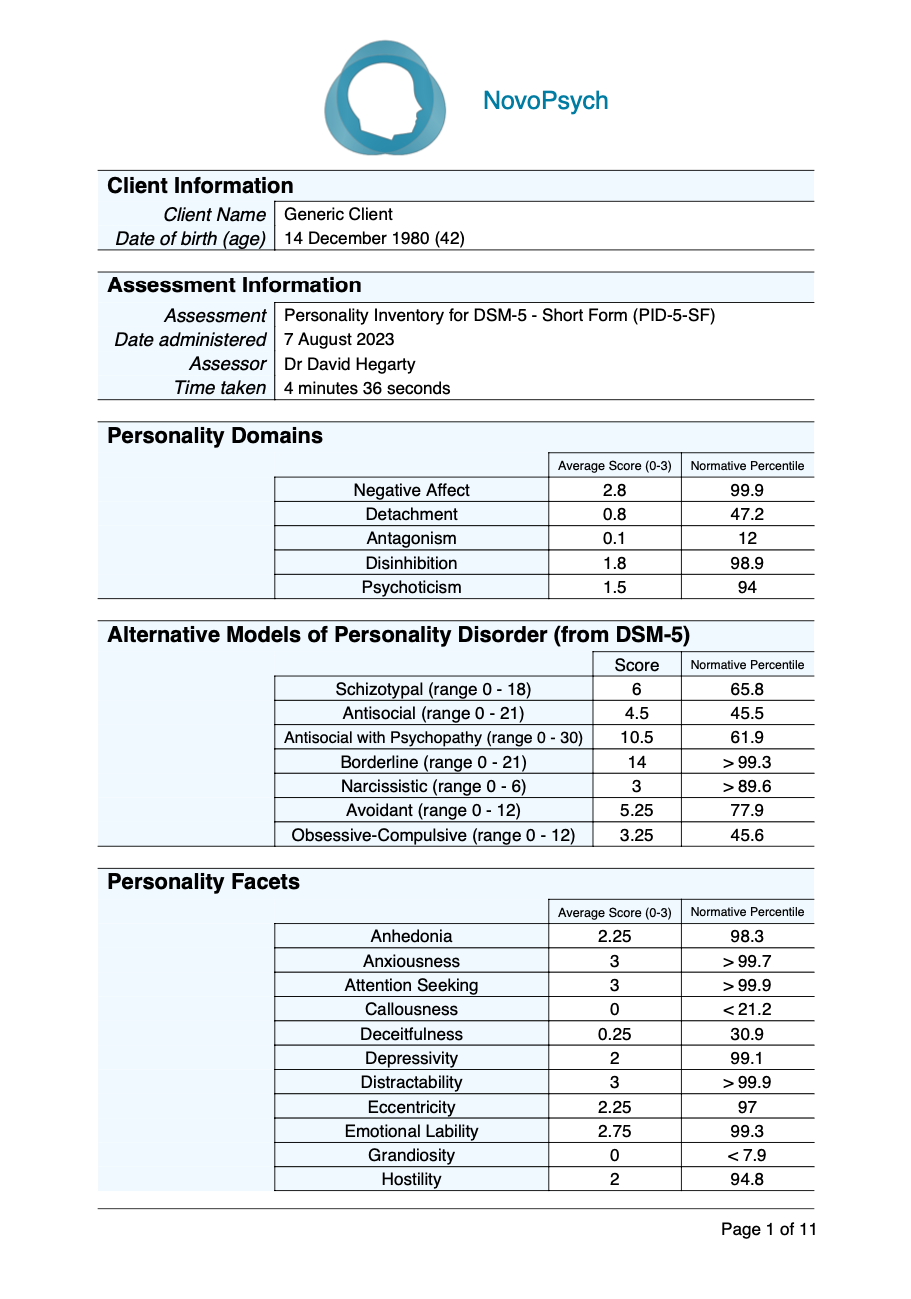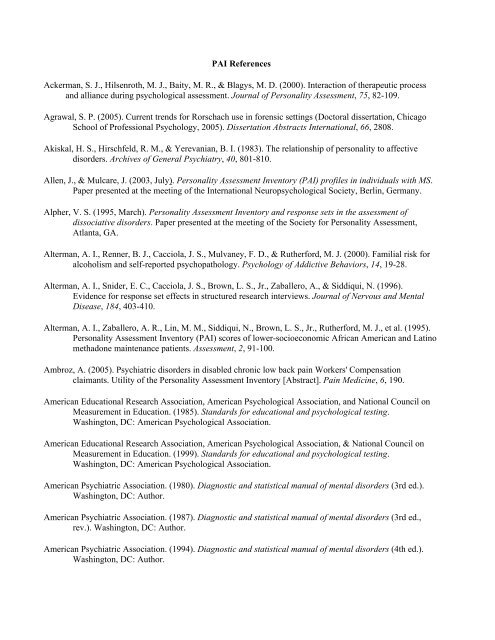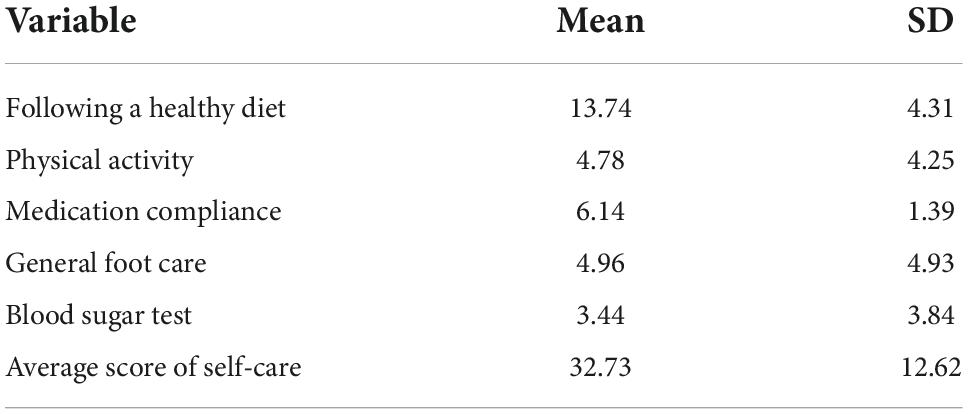
Investigating the Personality Inventory for DSM-5 using self and spouse reports.
Two new clinical tools, the Personality Inventory for DSM-5 (PID-5) and its informant report version, the PID-5-IRF, were developed to assess personality pathology as described by the new trait-based model within Section III of DSM- 5 and good to excellent agreement between spousal reports was found between them for facets in the negative affectivity, detachment, and antagonism domains. Two new clinical tools, the Personality Inventory for DSM-5 (PID-5) and its informant report version, the PID-5-IRF, were developed to assess personality pathology as described by the new trait-based model within Section III of DSM-5. The current study used both self and spousal reports to evaluate agreement between the PID-5 and the PID-5-IRF and to determine the extent to which these measures capture personality pathology as conceptualized in Section II of DSM-5. A nonclinical sample (N = 96 individuals) of recently married couples completed the self-report PID-5, the PID-5-IRF, and the SNAP-2 to assess self-reported DSM-IV PD criteria. Analyses found good to excellent agreement between spousal reports on the PID-5 and the PID-5-IRF for facets in the negative affectivity, detachment, and antagonism domains. In addition, both the PID-5 and the PID-5-IRF each individually accounted for a significant proportion of variance in self-reported DSM-IV PD criteria. Implications for the present findings are discussed.

Frontiers Profiles of theory of mind impairments and personality in clinical and community samples: integrating the alternative DSM-5 model for personality disorders

Personality Inventory for DSM-5 – Short Form (PID-5-SF) – NovoPsych

Personality Inventory for DSM-5 (PID-5) in Clinical Versus Nonclinical Individuals: Generalizability of Psychometric Features

PDF] Investigations into the Structural Validity and Divergent Domain Scoring Methods of the Personality Inventory for DSM-5 (PID-5)

PAI Bibliography - Psychological Assessment Resources, Inc.

IJERPH, Free Full-Text

Mean Base Rates and Standard Deviations for the MCMI-II and Mean T

PDF) The Personality Inventory for DSM-5 Short Form (PID-5-SF): Psychometric properties and association with big five traits and pathological beliefs in a Norwegian population

Utility of the Personality Inventory for DSM-5–Brief Form (PID-5-BF) in the Measurement of Maladaptive Personality and Psychopathology

Three Dimensional Approaches to Personality Disorders: a Review on Personality Functioning, Personality Structure, and Personality Organization

Frontiers The relationship between personality profile and self-care among patients with type 2 diabetes

Investigating the Personality Inventory for DSM-5 using self and spouse reports.









